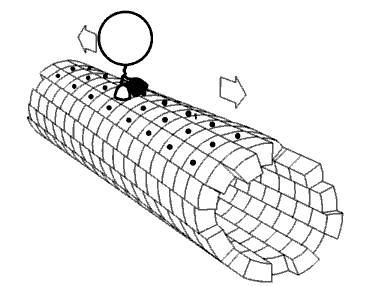
Photo from academic.microsoft.com
ABSTRACT Speed and control of saccades are related to disease progression and cognitive functioning in Parkinson's disease (PD). Traditional eye-tracking complexities encumber application for individual evaluations and clinical trials. The… Click to show full abstract
ABSTRACT Speed and control of saccades are related to disease progression and cognitive functioning in Parkinson's disease (PD). Traditional eye-tracking complexities encumber application for individual evaluations and clinical trials. The authors examined psychometric properties of standalone tasks for reflexive prosaccade latency, volitional saccade initiation, and saccade inhibition (antisaccade) in a heterogeneous sample of 65 PD patients. Demographics had minimal impact on task performance. Thirty-day test–retest reliability estimates for behavioral tasks were acceptable and similar to traditional eye tracking. Behavioral tasks demonstrated concurrent validity with traditional eye-tracking measures; discriminant validity was less clear. Saccade initiation and inhibition discriminated PD patients with cognitive impairment. The present findings support further development and use of the behavioral tasks for assessing latency and control of saccades in PD.
Journal Title: Journal of Motor Behavior
Year Published: 2017
Link to full text (if available)
Share on Social Media: Sign Up to like & get
recommendations!